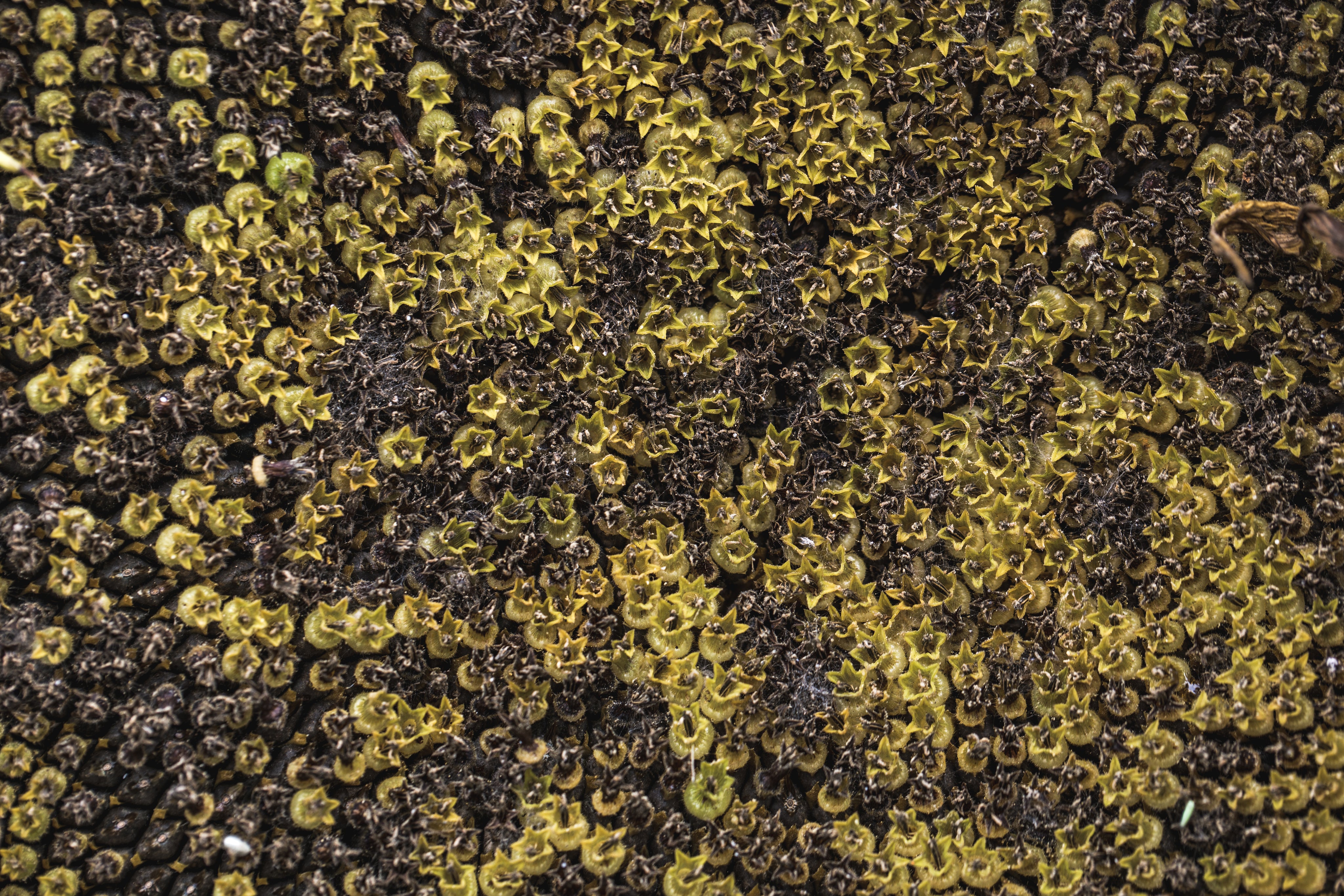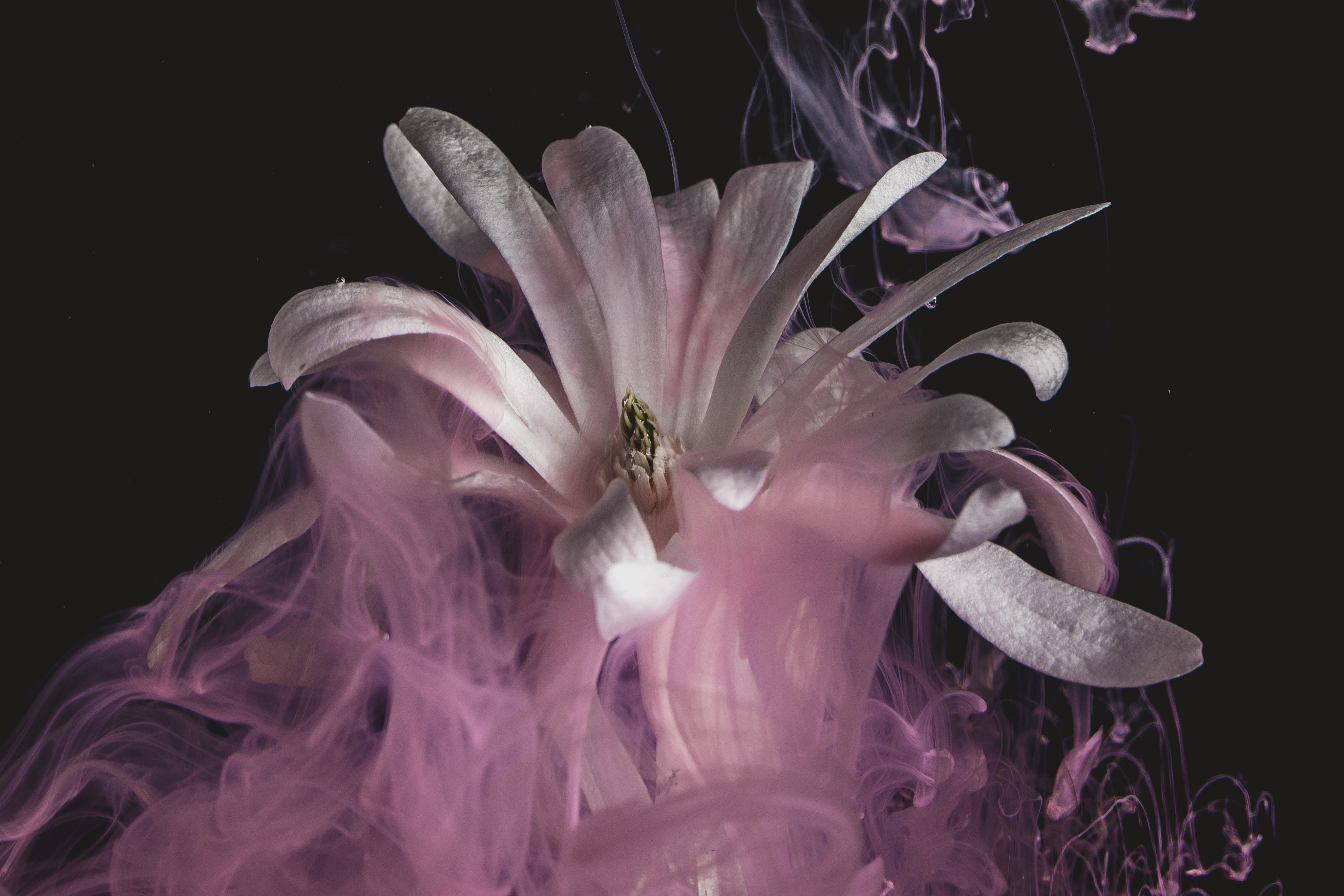THE SPIRIT
PSYCHE AND EMOTIONS IN TCM
THE SPIRIT
In Chinese medicine, the Shen or Spirit is a blanket term for five distinctive spirits that each individual human possesses and are associated with each of the body’s five Yin organ systems.

THE SPIRIT
SHEN 神
Our spirit as people is what defines our drive, our emotional attachments to lifestyle ideals and other beings presently and in the past, our temperament, and our beliefs. While spirit can be religious, it is not innately religious— it’s about human connection.
Diversifying aspects of the spirit helps us to understand it medically. A large aspect of spirit may be innate, but it’s also an interactive dynamism, one that allows self-reflection to be a part of how we collaborate with the world in order to define ourselves and our intentional paths in life.
we collaborate with the world in order to define ourselves and our intentional paths in life.

The Spirit
THE 5 SHEN
Emotion: Joy
Pair with: Heart
While spirit itself is known as Shen, this aspect is known as the Heart spirit. It’s about human connection and effective, proper, loving communication.
When the Heart spirit is out of balance, people may have awkward or unsuccessful social interactions, poor relationships that lack trust or show signs of mental illness.
When thinking about this in Western terms, it’s clear why those who have suffered childhood traumas often have signs of mental illness or personality disorders.
意 YI
Emotion: Pensiveness
Pair with: Spleen
Yi is thought of as consciousness, and has a lot to do with conscience.
Idealistically operational Yi is thought to be of higher moral standard; that is to say, someone who acts loyally, thoughtfully, genuinely, and virtuous. It’s helpful in moments that require level-headedness, creativity, and insight.
Weak Yi is thought to show inauthentic behavior, selfishness, boredom, worry, confusion, and even depression.
魄 PO
Emotion: Grief
Pair with: Lungs
Po is very unique to Chinese medicine and culture, and unlike most aspects of the spirit and soul, it is completely connected to a person's living, physical body.
It essentially determines the way a person moves through the world uniquely—how they show emotion and hold themselves. One can falsify these things performatively of course, but those would not be true Po: Po is our instinctive reaction.
Weakened Po is lethargic, unmoved, aloof, or stuck and unable to move past or through certain reactions to situations.
志 ZHI
Emotion: Fear
Pair with: Kidney
Zhi is known as our will, which can be divided into our Yang will (our self-determination and discipline) and our Yin will (a more intrinsic personal disposition we are only aware of after moments of deep reflection, deeply tied to fate and destiny).
Both of these are accountable for our accumulated life wisdom.
Weak Yang will is associated with passivity, while weak Yin will is thought to showcase itself as restlessness and lack of trust in unavoidable, natural destiny.
魂 HUN
Emotion: Anger
Pair with: Liver
Hun is thought of as our human soul, which is not tied to our physical body. We think of this in Western terms quite similarly, actually, in that the soul of someone can live on much longer than the physical body.
While a Chinese doctor cannot treat a person’s literal soul, he or she can encourage loving sensitivity, such as kindness to oneself and others.
The soul is what nourishes the spirit, just as the Blood nourishes the body, and thus its Qi.

